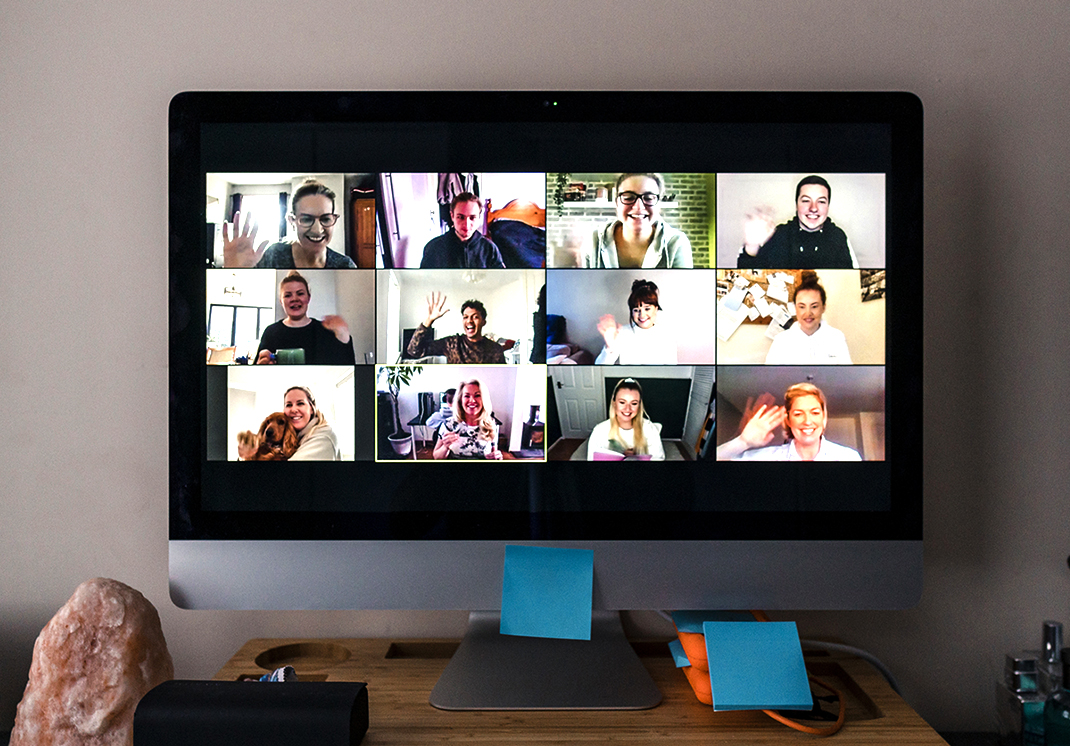Crises bring out the best in leaders. But they can’t do their job if you won’t do yours.
By Dale S. Rose, Ph.D.
There’s no greater test of leadership than a crisis.
In the wake of the world-shattering COVID-19 pandemic, we’re reminded just how much good leadership matters. That’s because the best leaders rise to the top in times of upheaval. They mitigate damage, find opportunities, and help others navigate through chaos. They give us hope.
Now is the time organizations will learn if they chose their leaders well. Now is when organizations will see the return on their prior investments in talent management and leadership development. And now is when organizational choices about investing in leaders will determine their recovery.
Leadership Development Drives Recovery
The stakes couldn’t be higher for leadership success. Research from the last financial crisis in 2008 showed the most successful companies during crises are those that support their leaders and keep them focused on learning from their experience.
Sign up for the monthly TalentQ Newsletter, an essential roundup of news and insights that will help you make critical talent decisions.
In this study, companies that invested in leadership development far outperformed companies that underinvested or ignored it altogether. As a talent management professional, you can’t wring your hands and worry right now. You must step up and support your leaders like you never have before.
The true test—and the future growth—of today’s organizations will be a direct result of how well they support their leaders in this crisis.
Like everything else, leadership development needs to adapt to the moment. In the middle of a crisis, leaders don’t need to start a six-month, HR-driven process of self-reflection with career-aligned goals, behavioral experimentation, and cycles of feedback. What leaders learn and how they grow in the next six months will be highly contextual, time pressured, and unpredictable.
A comprehensive, organization-wide leadership model isn’t helpful now. But what will help is short, fast, clear feedback on a small set of contextually relevant behaviors with one-on-one decision-making support to help with course corrections. What leaders need now is a sounding board that can adjust and react with them as circumstances shift.
Succession Planning Matters More than Ever
Succession plans will be put to the test in the next six months like we never imagined. By design or by ill fortune, many positions of leadership will be vacated in the next 18 months. For organizations that have ignored succession planning, the challenge is clear: Start now!
We’ll need role- and skill-based succession plans to accommodate unexpected sudden leadership gaps, as well as planned reorganizations as companies shift their businesses to accommodate new requirements.
Companies that have made a half-hearted attempt at succession planning may be worse off than those who have none at all. These companies think they have a plan, but the data they used to assess potential leaders was anecdotal at best. And so the future performance of recommended successors is highly questionable.
The false sense of security these companies have will lead them to make many ill-fated promotions, and as we saw in the research on leadership impact on emerging from a crisis, poor promotion decisions put strong downward pressure on future corporate performance. The clear winners through this pandemic will be companies who use accurate measures of high potential to identify potential successors.
Talent Management Goes Remote
Companies have flirted with assessing and developing leaders remotely for the past decade. But the truth is even as video conferencing tools came to be more accessible in the past few years, most companies were stubborn and still preferred in-person interactions to assess and develop talent. High-potential programs, meanwhile, all had in-classroom components and elements that involved considerable in-person interaction.
Talent management now has a fantastic excuse to embrace the many opportunities presented by distance learning, remote assessments, and virtual development. For instance, executive coaching via video conference seems poised to become the new normal. More assessment centers likely will be conducted remotely, allowing for recording a candidate’s performance, which will surely increase rater accuracy and assessment report quality.
In some ways, this migration to virtual talent assessment mirrors the shift from paper-pencil assessments to computer and online assessments. As we compared each new assessment method to the old method, we found the measures all predicted just as well in the old mode as the new mode. The shift was largely a matter of familiarity.
Within each challenge lies a seed of opportunity. Among the many challenges organizations face today is how they position talent management to support a recovery. The choices we make will directly affect what our leaders learn from the moment, how leaders perform in their current and future roles, and how well the company emerges from the downturn.
The most successful companies to emerge from this crisis will be those that leverage a strong talent management function. So will you show the world what you can do?
Dale S. Rose, Ph.D., is the president and cofounder of 3D Group. He is an expert in leadership development, evaluation research, and assessment-based human resources solutions.


